“There is a paradise in heaven, On earth there is Hangzhou” is the words in our song about this fantastic metropolis. Hangzhou, one of the seven ancient capitals of China and the capital of the Zhejiang Province. The city is a wonderful mix of old and new with West Lake as the heart of the city. This historical place is famous all over China for its beauty and culture and is one of the most visited tourist cities in the world. Have you not been to Hangzhou you have not seen the real China.
Hangzhou is an elegant and harmonious city with a leisure perspective that no other city in China. Here you find culinary treasures from the Zhejiang province but also cuisine from the other seven Chinese kitchens as well as international gourmet restaurants. Are you looking for a night out there are numerous choices. Already in ancient times Hangzhou was called a “Heaven for shopping” and the Hangzhou silk is world wide renowned and production started 5000 years ago.
This is also the birthplace of the famous Dragon Tea with a history over 1200 years. Here you find shopping streets that are still genuine but also shopping centres that fulfil every need. From a business point of view has Hangzhou a very fast-growing economy and is the city in the Pearl Delta with the most booming economy. For many years has Hangzhou been ranked as number second among the provincial capitals of China when it comes to economical development.
Though business and international designer shopping centres are nearby, you’ll also find authentic and historic attractions that epitomize Hangzhou’s dynamic culture. Here are the top five you shouldn’t miss.
West Lake
This vast lake—covering 600 hectares (1,500 acres)—is framed on three sides by mountain peaks and on one side by the city skyline. The rich green shoreline is dotted with ancient temples, towering pagodas and delicate bridges, creating an idyllic picture of China’s past. Hop on a guided boat tour for West Lake’s most scenic views, or join the Hangzhou locals who flock to lakeside parks to walk, cycle and meet for tea.
Tea house tradition
Tea has always been an important part of Hangzhou’s economy. The area is well known for Longjing (Dragon Well), the precious green tea that is often called the national drink of China. Visit one of the area’s historic tea houses, where you’ll experience traditional tea service and sample a variety of sweet and savoury snacks. If you’re a true tea connoisseur, take a day trip to a neighbouring tea plantation. At Longjing Village, you can pick tea alongside villagers during harvest season, which usually begins in late March and runs through August, though peak time for picking is during March and April.
Pagoda of Six Harmonies
One of China’s most significant pagodas—originally constructed in AD 970—this octagonal brick-and-wood structure overlooks the Qiantang River. Seen from the outside, the pagoda appears to tower 13 storeys on the hillside; inside you’ll find only seven storeys. This early version of a skyscraper offers postcard-worthy views of the river and city.
Buddhist temples
Of Hangzhou’s several temples and monasteries, the most renowned is Lingyin Si, or the Temple of Soul’s Retreat. A highlight is the shimmering gold leaf–painted Buddha, one of China’s largest wooden statues. The temple is also noted for its caves and grottos, which feature religious carvings created by resident monks from the 10th to the 14th century.
Silk street shopping
Hangzhou has been known for centuries as China’s Silk Capital. The merchants of Xinhua Road and Jiankang Road make up the largest wholesale and retail silk market in China. In these pedestrian-only boulevards, you’ll find a bustling mix of old and new stores showcasing all varieties of Chinese silk.
– See more at: http://magazine.fourseasons.com/travel-food-style/things-to-do/landmarks-attractions/top_5_attractions_in_hangzhou#sthash.0wymlXy6.dpuf






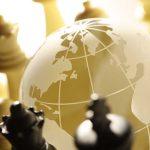
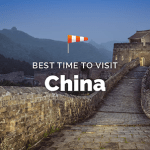
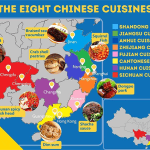
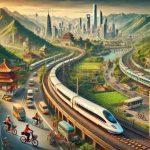

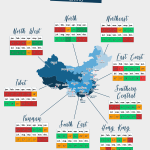

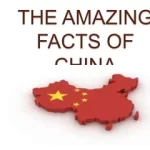


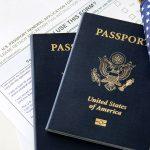
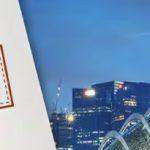



 Online | Privacy policy
Online | Privacy policy